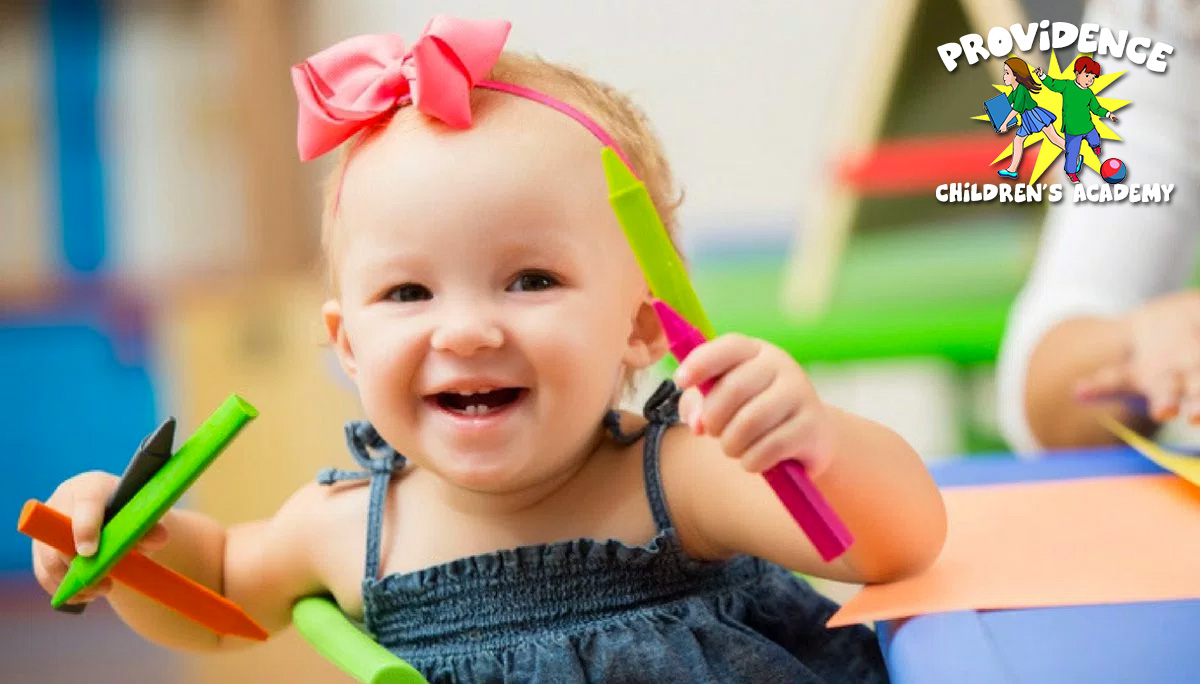 9
9
Time has changed the roles, customs and practices of people. Previous generations only thought of entering formal schooling at seven years old because parents believed that having their children go to school at an earlier age may deprive them of their childhood and give unnecessary stress. Nowadays it has become quite a regular thing for children of this generation to enter formal schooling much earlier since the outdated ideas of childhood deprivation have been disproven by current educational policies in the modern world. Research shows infant education is beneficial.
It has been discovered that a crucial time to start shaping the productivity of children is from birth to five years old as this is when the brain of your child is developing. Early childhood education is vital in creating cognitive skills along with concentration, motivation, self-control and sociability, the necessary skills that turn knowledge into “power” and people into productive citizens. These skills are stimulated by the fact that early childhood education helps your child learn to get along well with other children and with adults by teaching them to make friends, to share and take turns. Children are also taught to co-operate, listen to others, communicate their own ideas, be independent and to take responsibility for others’ needs as well as for their own.
Investing in childhood development creates the highest possible success rate, especially when the child is as young as possible. When only deciding to do so at the ages of three or four is too late as necessary skills are no longer being developed in a dynamic and commendatory manner. Children who participate regularly in valuable early childhood education are more likely to be confident and curious about the world, and this can help them do better when they go to school. Furthermore it supports your child to:
- Manage challenges and to keep pushing when things get difficult.
- Settle more easily at school in the future and to gain the benefits of education more quickly.
- Become life-long learners, for example:
- Talking, singing, and listening to stories will build your child’s language skills and help them to love books and reading.
- Their imaginations and creativity will be developed by painting, dancing, making music, dressing up, and pretend play.
- Math concepts will very seldom be problematic in the future as puzzles, number play, and counting games help children to understand math concepts.
Therefore, as children are exposed to the learning environment from an early age they become more enthusiastic about learning. Their enthusiasm to learn and improve their skills from a young age helps them become more successful in their future studies. They will gain a greater commitment to complete their studies and have a passion for education and learning. Furthermore, because they are taught discipline and responsibility at a young age, parents receive the benefit of better behaved children. Often children who are enrolled in early childhood development receive instruction and interpret requests more easily. Another important life value, respect, is taught during this time – this will not only be limited to people and belongings, but can also respect for their environment, both immediate and global. There is no better place to learn these important life lessons than a pre-school where everything must be shared and civility and manners are both taught and learned organically.
